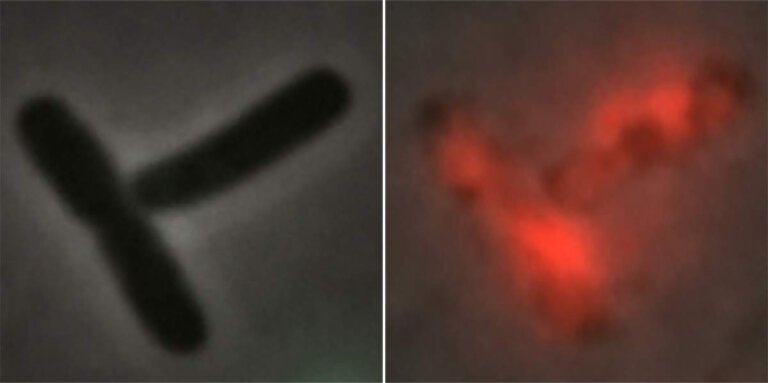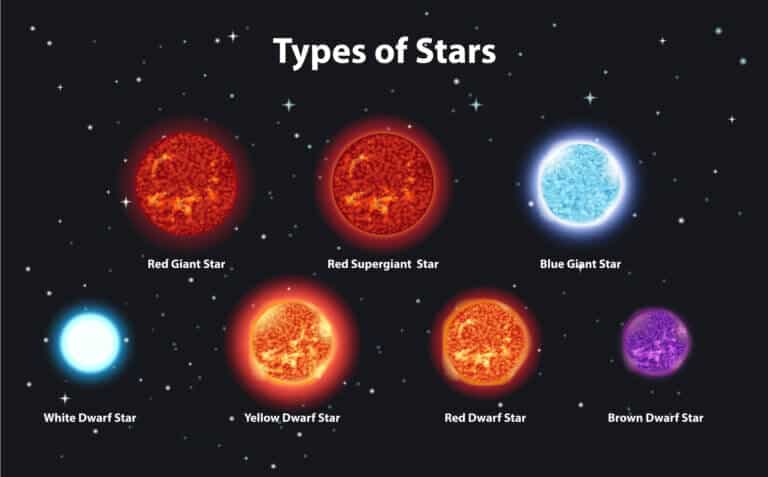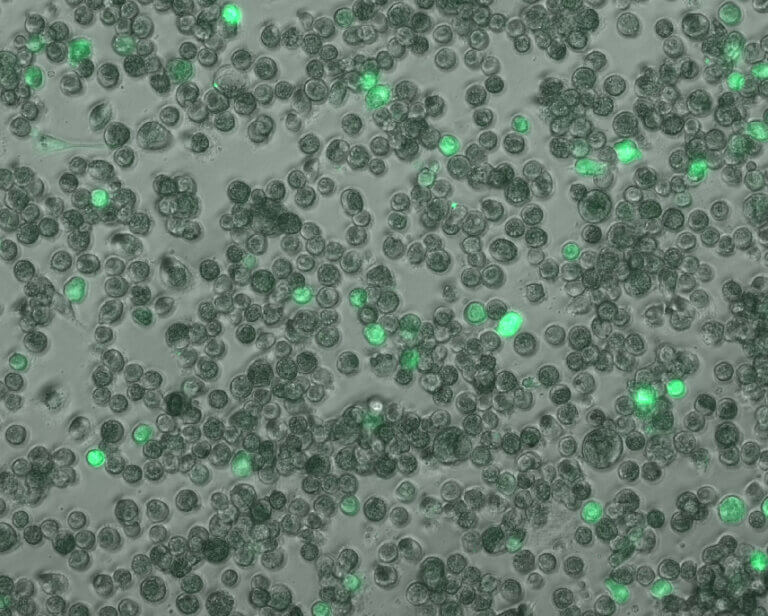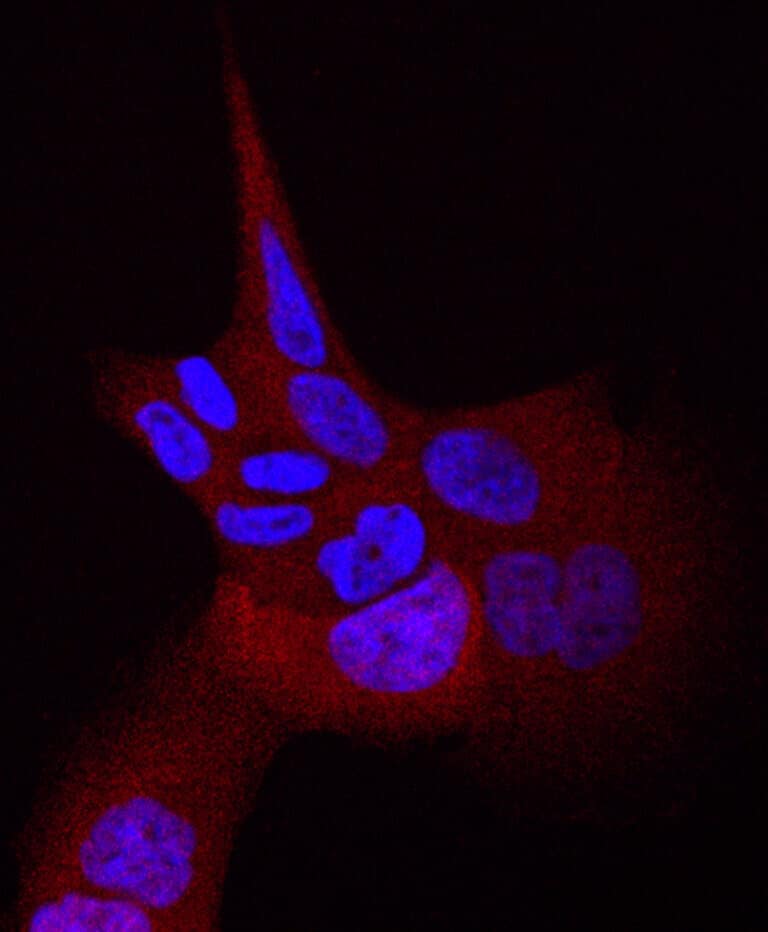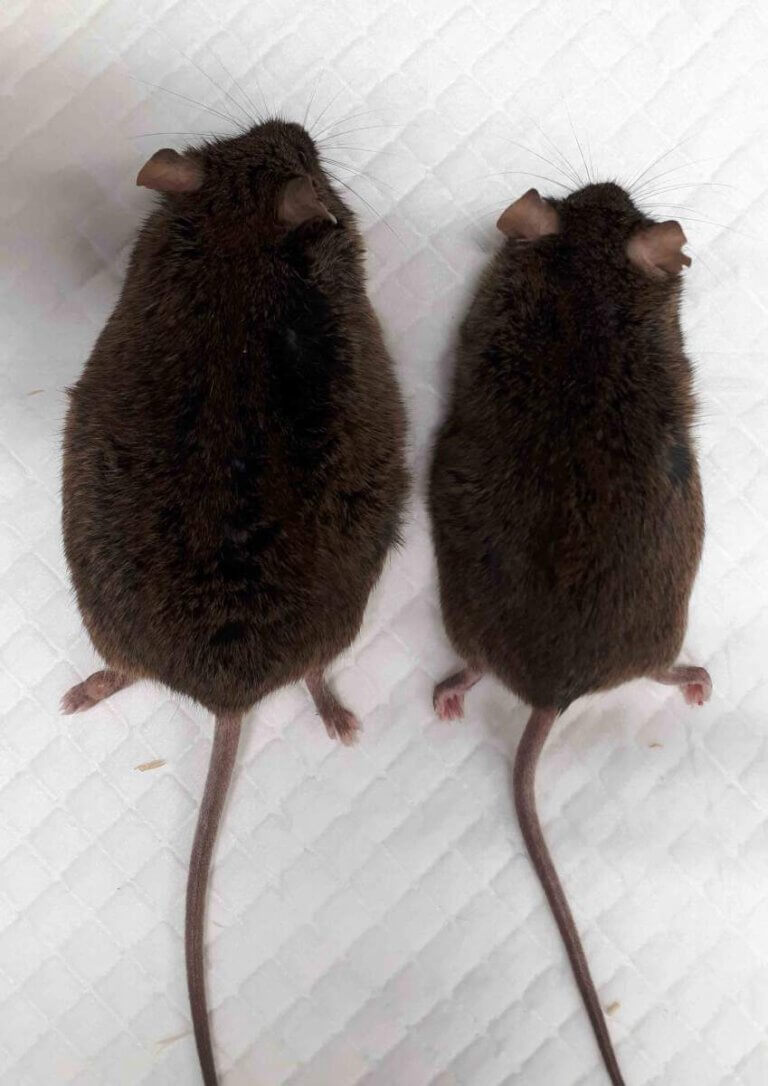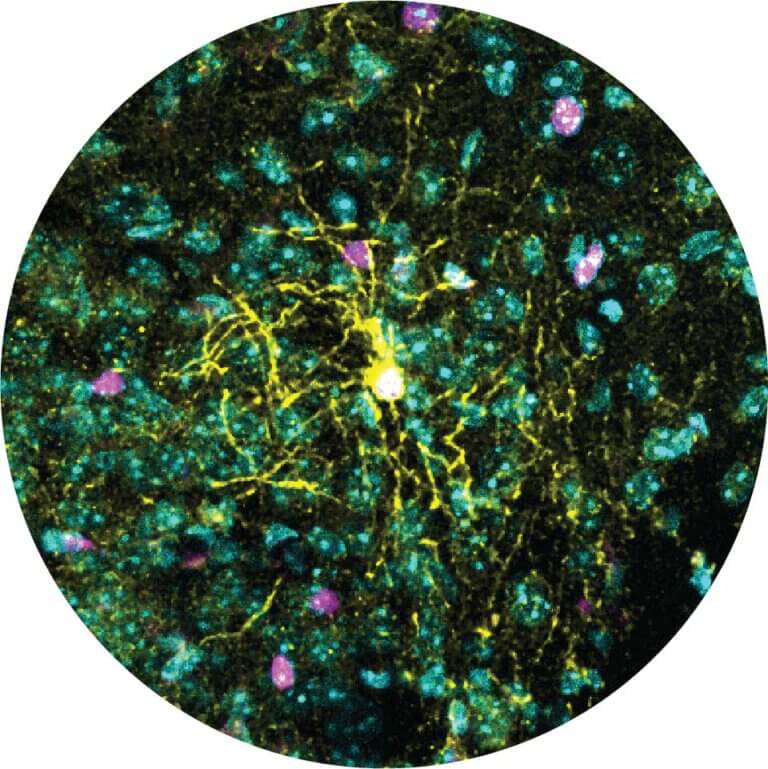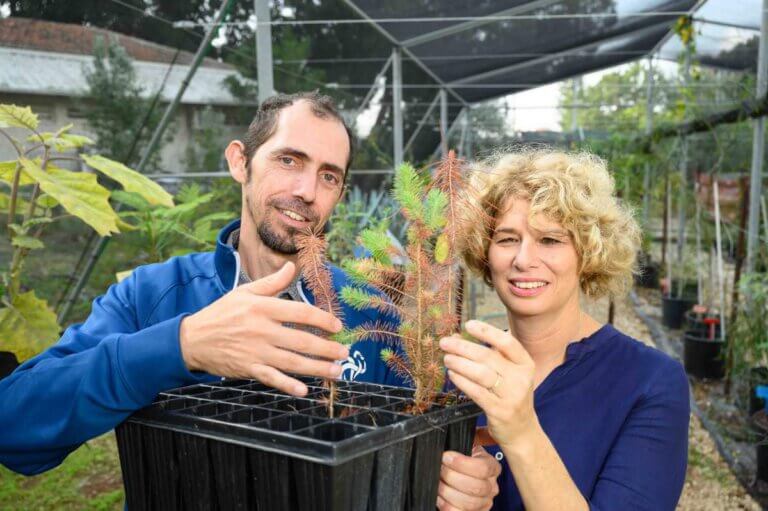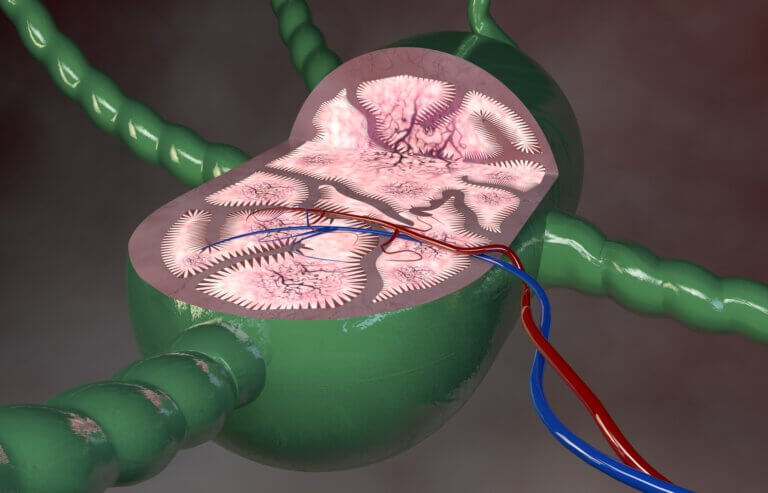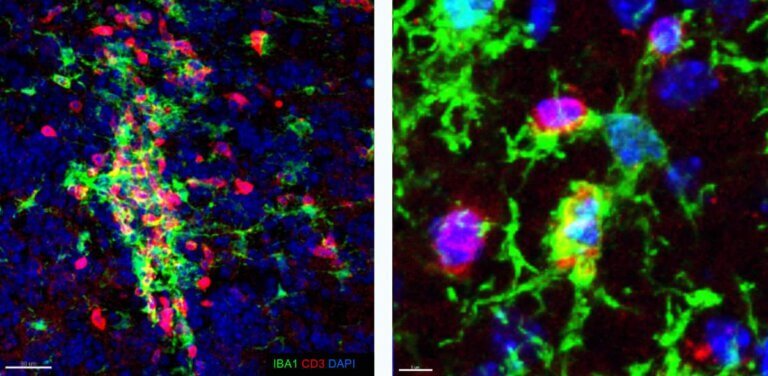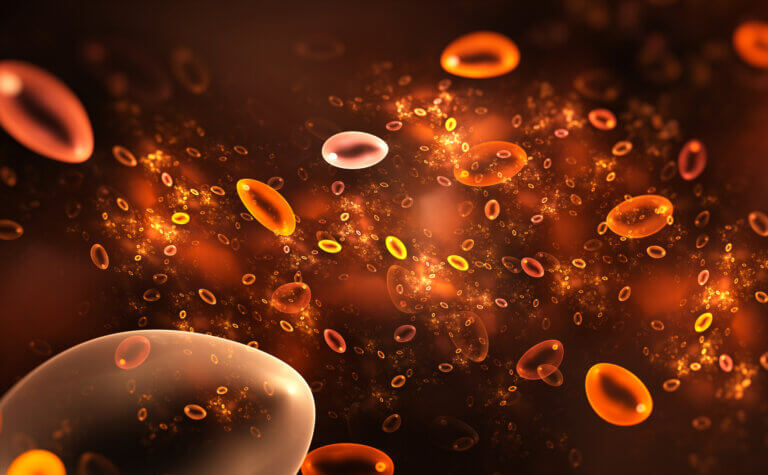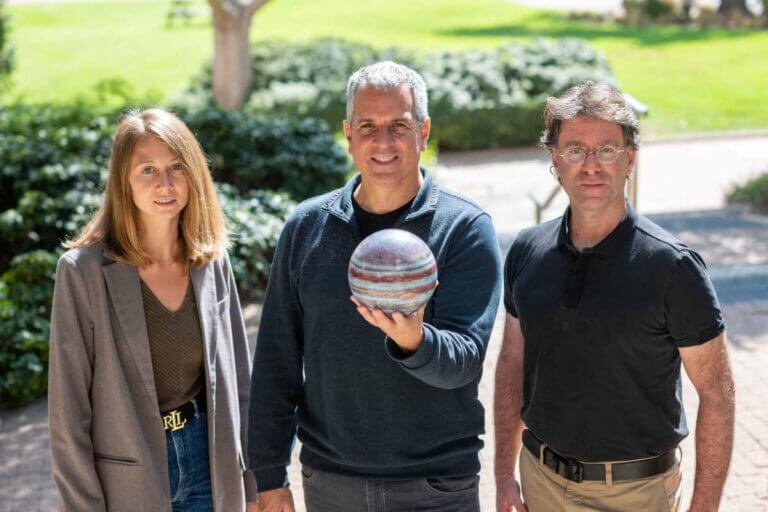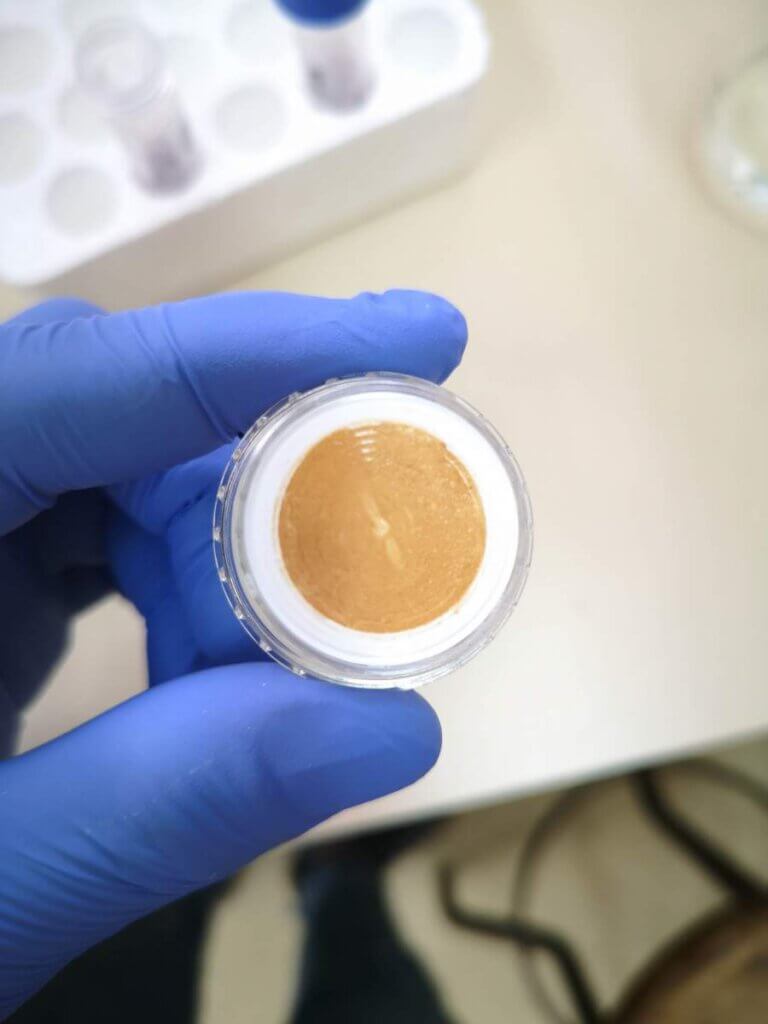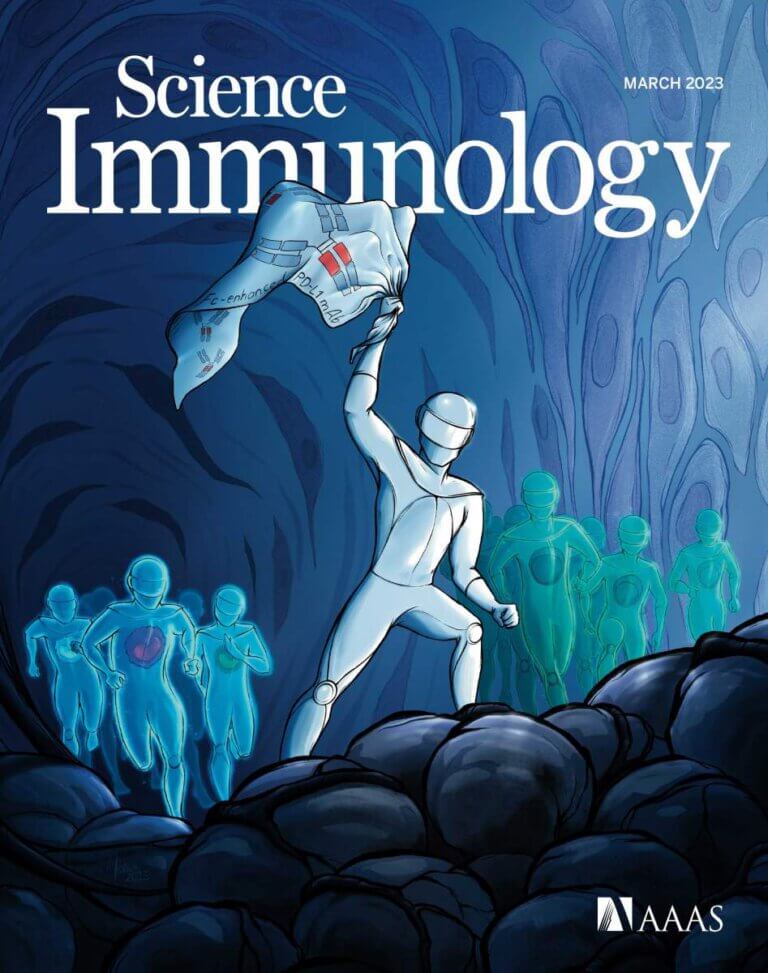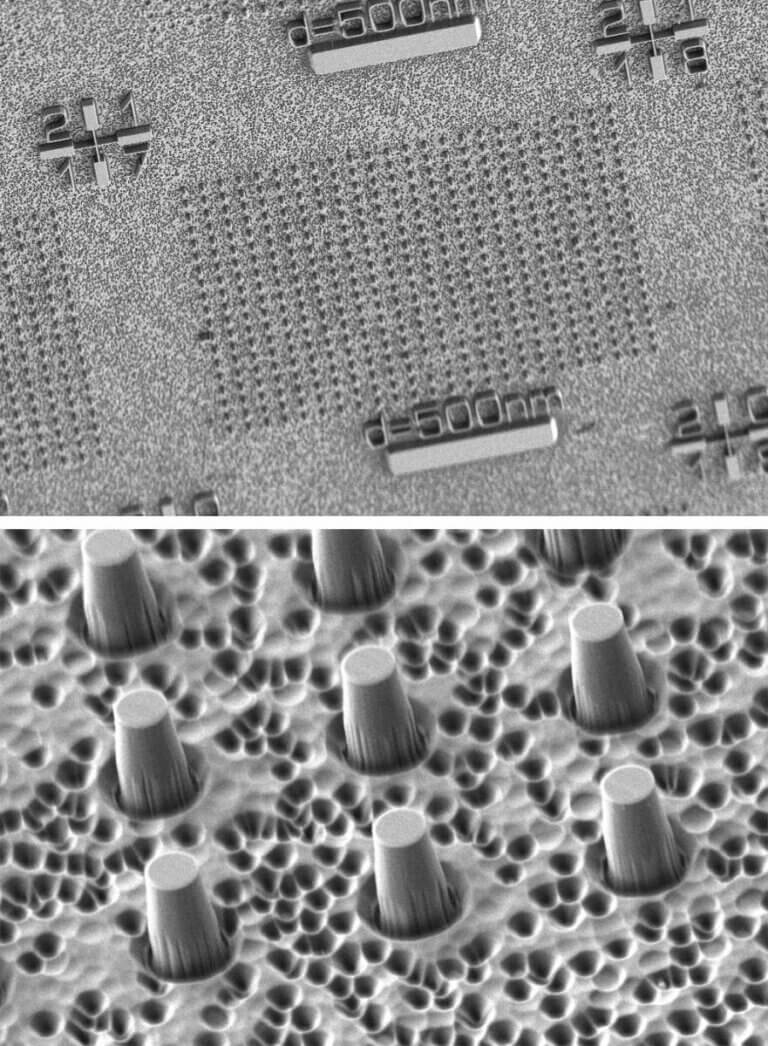Hayadan > Weizmann Institute Archives > Page 2
Weizmann Institute
- Weizmann Institute
- August 17, 2023
The new system was discovered in bacteria - but is also used in corals, bees and others
- Weizmann Institute
- August 16, 2023
The brown dwarf is part of a new pair system that may advance our understanding of the evolution of stars and planets under extreme radiation conditions
- Weizmann Institute
- August 12, 2023
New discoveries about how the result of infection with a virus from the herpes family is determined and where dormant viruses may hide in the body
- Weizmann Institute
- August 9, 2023
- No comments
A study of human cancer tissues grown in mice has suggested that a large group of lung cancer patients may be successfully treated with a drug currently approved for other cancers
- Weizmann Institute
- August 5, 2023
Why do we tend to gain weight as we get older?
- Weizmann Institute
- August 3, 2023
From depression and anxiety to diabetes - health conditions resulting from chronic stress affect women and men differently. New study in mice maps at the single-cell level molecular differences in the stress response in the brains of females and males, and may pave the way for personalized treatments
- Weizmann Institute
- July 17, 2023
- Weizmann Institute
- June 18, 2023
Forecasting dust storms is a complicated matter. A new study was able to predict storms in our region with a high level of accuracy - and thereby outline how artificial intelligence can be harnessed to understand processes in the atmosphere
- Weizmann Institute
- June 13, 2023
The origin of the mysterious macrophages, known in scientific language as Tingible Body Macrophages (TBM), is in progenitor cells of the blood system that emerge from the bone marrow and settle in the lymph nodes, where they quickly and efficiently digest the remains of antibody-producing cells of the immune system
- Weizmann Institute
- May 31, 2023
For two decades, researchers have been trying to find a way to track a climate system that has a decisive influence on the location of rainforests and deserts on Earth. A new study solves the challenge and reveals the extent of the influence of humans
- Weizmann Institute
- May 25, 2023
The institute's scientists discovered a new type of inflammasome - a "smoke detector" of the immune system that ensures more precise control of the height of the flames of an inflammatory reaction. The findings may pave the way for treatments for inflammatory bowel diseases
- Weizmann Institute
- May 9, 2023
The institute's scientists reveal how cancer leads to fatal emaciation and point the way to treatment
- Weizmann Institute
- May 6, 2023
Weizmann Institute of Science scientists revealed that a botanical relative of lettuce produces no less than 40 cannabinoids - active substances with medical potential that characterize the cannabis plant
- Weizmann Institute
- May 5, 2023
The scientists of the institute have identified the cells in the brain that are responsible for the grace periods of the multiple sclerosis patients. The findings may pave the way for new treatments
- Weizmann Institute
- April 29, 2023
The scientists of the Weizmann Institute of Science and their research partners identified for the first time the cells that are responsible for one of the most basic actions of life - the production of a hormone that gives an order to produce red blood cells; The findings are expected to break new ground for innovative medical treatments in various anemia conditions
- Weizmann Institute
- April 24, 2023
It started with very strange experimental results, continued in a new physical theory about the behavior of photons, and in the future may improve our smartphone screens and allow faster data communication. faster data
- Weizmann Institute
- April 15, 2023
A blue-and-white device that was created especially for an experiment by Weizmann Institute of Science scientists was launched to the planet Jupiter, as part of an international research mission of the European Space Agency
- Weizmann Institute
- March 16, 2023
Bacteria that are carried in the air for great distances on particles land in part on the ground while they are alive - and ready to multiply
- Weizmann Institute
- March 10, 2023
A preventive procedure performed on mice protected them from the damage of a future heart attack. The surprising findings redraw the boundaries of knowledge about the regenerative abilities of the heart
- Weizmann Institute
- March 7, 2023
- Weizmann Institute
- March 3, 2023
There is lab2 – a new sustainability initiative putting used scientific equipment back into the market
- Weizmann Institute
- March 3, 2023
The biomass of cows, pigs, sheep and other farm animals is currently 30 times greater than that of all elephants, elk and other wild land mammals combined
- Weizmann Institute
- February 23, 2023
Weizmann Institute of Science scientists present the rotating quantum microscope
- Weizmann Institute
- February 22, 2023
The space telescope, a flagship project of the Weizmann Institute of Science and the Israel Space Agency, will be launched in 2026 and is expected to revolutionize space exploration
- Weizmann Institute
- February 20, 2023
Weizmann Institute scientists present a new method for imaging a single electron

